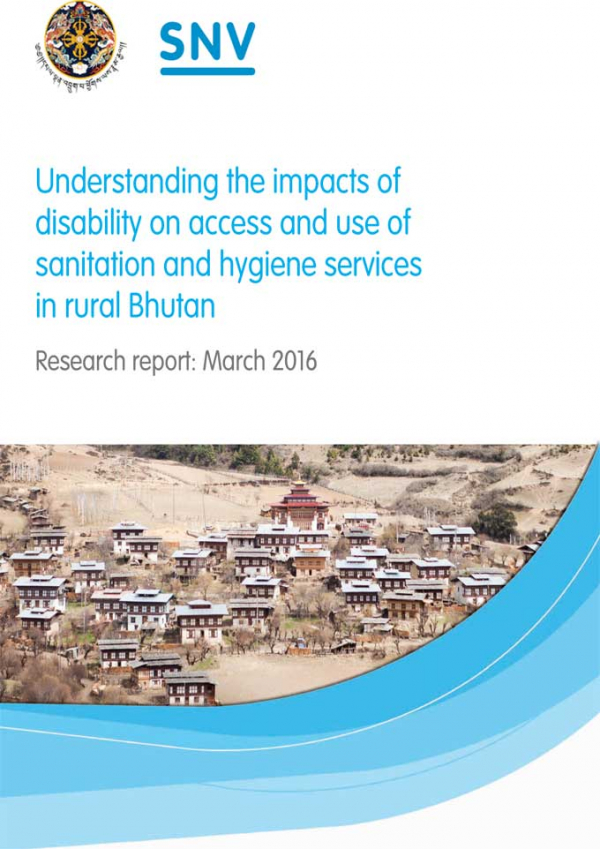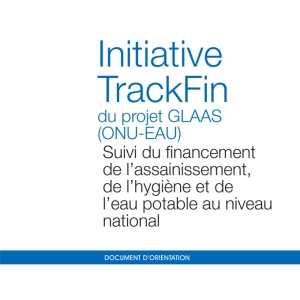Understanding the impacts of disability on access and use of sanitation and hygiene services in rural Bhutan Research – Report: March 2016
Disability is an emerging subject of national interest in Bhutan, and one about which much is still unknown. As the first study to explore the hygiene and sanitation experiences of people with disabilities in rural Bhutan, this research was also the first inclusive study in Bhutan to include people with disabilities (PWDs) as part of the study team. Commissioned by the Ministry of Health’s Rural Sanitation and Hygiene Programme (RSAHP) with technical support from SNV as part of the Sustainable Sanitation and Hygiene for All (SSH4A) programme, the study was designed to generate in-depth data that can be used to ensure the programme is accessible to and inclusive of people with disabilities. This outcome aims to contribute to achieving the programme goal of increasing the use of improved and equitable sanitation services in Bhutan. The study’s overall objective was to investigate the current sanitation (accessibility of the existing toilets) and hygiene (usage, accessibility of the handwashing facilities and menstrual hygiene management facilities) situation of people with disabilities in households, schools, nunneries and monastic institutions in three districts. An important part of the research methodology was to actively seek out and include the views of people with disabilities on their current situation in terms of sanitation and hygiene.
Related products
PARTNER

Contact-us
Abidjan – Ivory Coast Cocody Riviera Palmeraie
Tél. : (+225) 27 22 49 96 11 / 27 22 49 96 13 – Email : contact@afwasa.org






